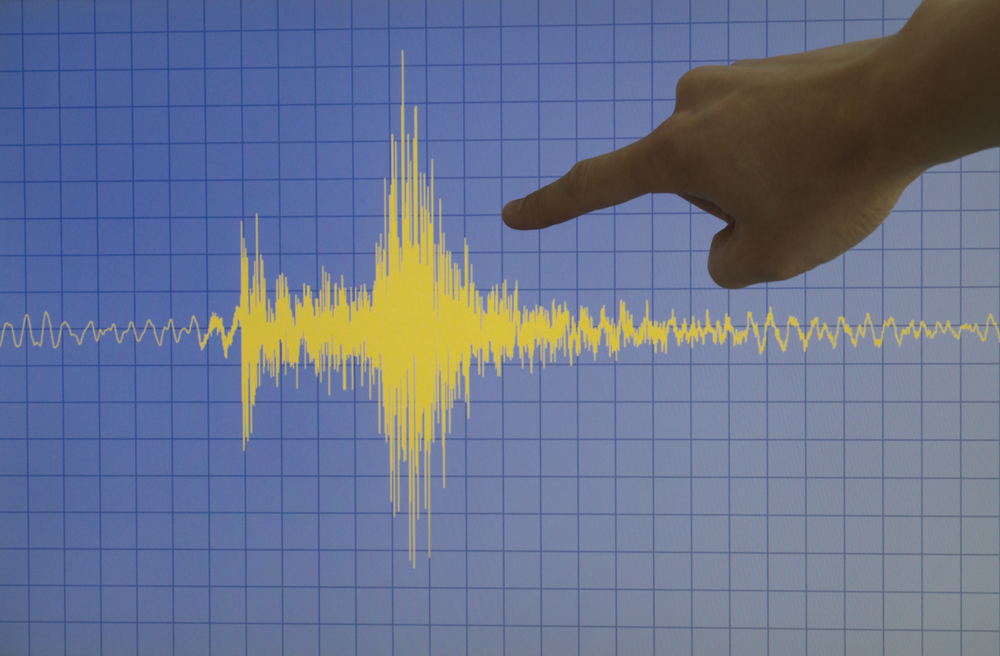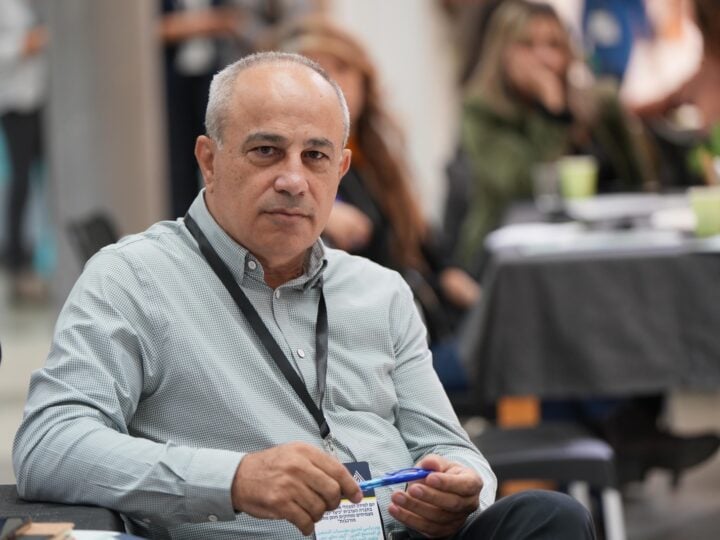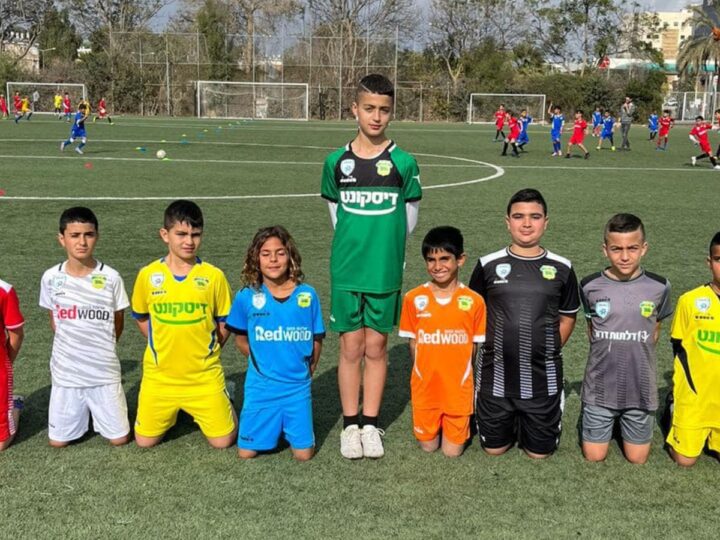When Lior Shalev, CEO of eVigilo, arrived at his office in Netanya on Tuesday last week, he checked into the back office of his company’s emergency mass-notification system to ensure that it was working smoothly in Chile. A few hours earlier, a major earthquake of magnitude 7.1 had struck the South American country and rocked the capital of Santiago.
eVigilo (evigilo is Latin for “be alert”) makes a geo-targeted system that enables officials to send out mass alerts simultaneously to computers, mobile phones, radio, sirens, social networks and television within seconds – even if all regular networks are busy.
For Chileans, a warning system like this is crucial for saving lives in the event of earthquakes, tsunamis and volcanic eruptions.
Shalev tells how in 2010, Chile suffered a massive earthquake of magnitude 8.8 and a tsunami aftershock that claimed the lives of 560 people. Four years later, a magnitude 8.3 earthquake hit the Chilean shore but this time, thanks to eVigilo’s system, the death toll was just five people.
“Everyone got a warning but you can’t force people to leave,” Shalev says of the five fatalities.
The eVigilo system proved itself in Chile again in 2015, when the Calbuco volcano erupted twice after being dormant for 42 years.
Working with Chile’s emergency authority, ONEMI, eVigilo sent alerts to warn citizens and tourists to evacuate. The Chilean government said the early evacuation facilitated the work of the emergency forces in saving lives and reduced exposure to ash and gas released during these eruptions.
When the South American country was again hit with an earthquake on April 25 this year, the Chilean government was prepared and no major damage was recorded.
Chile, Israel and the world
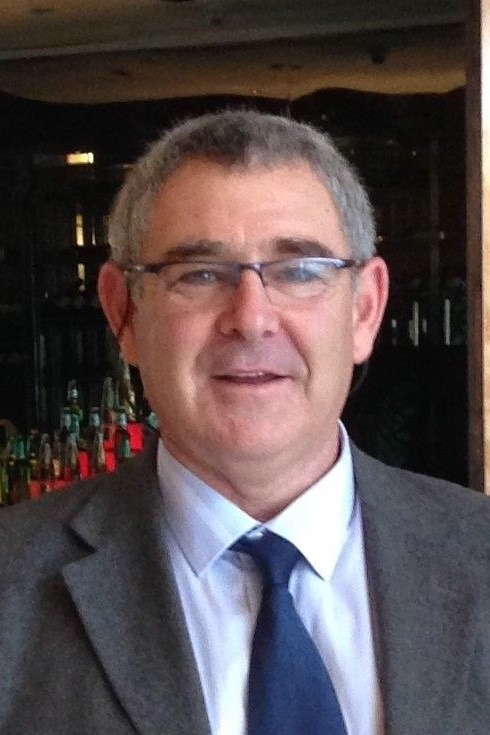
In addition to its Chile field experience, eVigilo has worked with the Israel Defense Forces from its inception in 2008. This means the technology has gone through the most rigorous tests possible under extreme conditions.
Shalev, a colonel in the reserves with more than 25 years of military experience in various command positions in field units, is acutely aware of the need for an emergency mass-notification system.
“There are many threats around the world. It could be terror, natural disasters; it could be accidents or a mixture of them,” he says.
The eVigilo broadcast system is the only cell broadcast system worldwide that warns millions of people in less than 20 seconds in case of earthquakes, tsunamis and other imminent threats sensed by people, satellite imagery, seismograph readings or other types of sensors that communicate with the system.
Shalev says eVigilo can send more than five million alerts in under five seconds.
“The system is very accurate, even within 50 meters of where someone is located. We alert only the people who need to be alerted, not those outside the affected area,” Shalev says. The system is bi-directional, meaning people can text back to ask for help or let others know they’re safe.
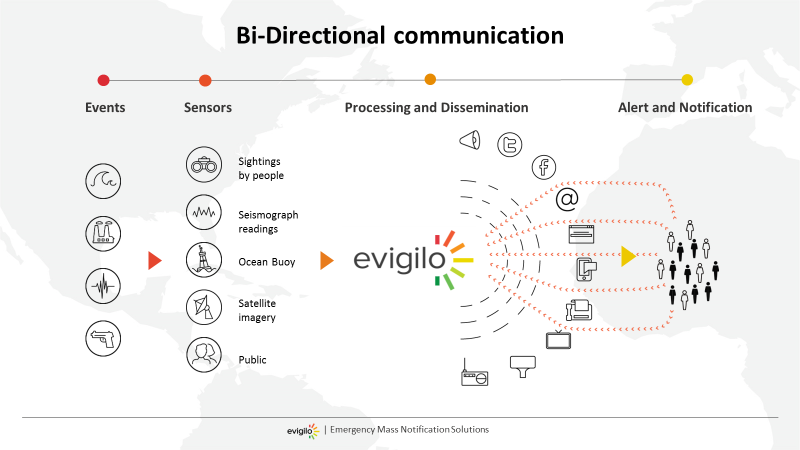
eVigilo’s technology also collects its own data to calculate the anticipated levels of destruction and sends out immediate geo-targeted alerts to international emergency response teams.
Both Israel and Chile rely on eVigilo for their national alert systems.
“We’re the only company in the world that I know of with two projects with two governments. We are field proven in both countries,” says Shalev.
During Israel’s 2014 Operation Protective Edge, eVigilo alerted Israeli citizens to take cover from rocket fire from Gaza. “Our system worked for 52 days continuously without any fault,” says Shalev.
Israel’s Homefront Command chose the eVigilo Internet system to power its iOref app, which uses push message technology to find users in emergencies. The app also delivers alerts.
eViglio recently applied for a tender in New Zealand, another country susceptible to earthquakes. And its management is in talks with officials in five Latin American countries and two European countries, which Shalev says he cannot name. eViglio is part of a consortium working together on Smart Cities in Europe.
“The common language is about saving lives,” sums up Shalev.




